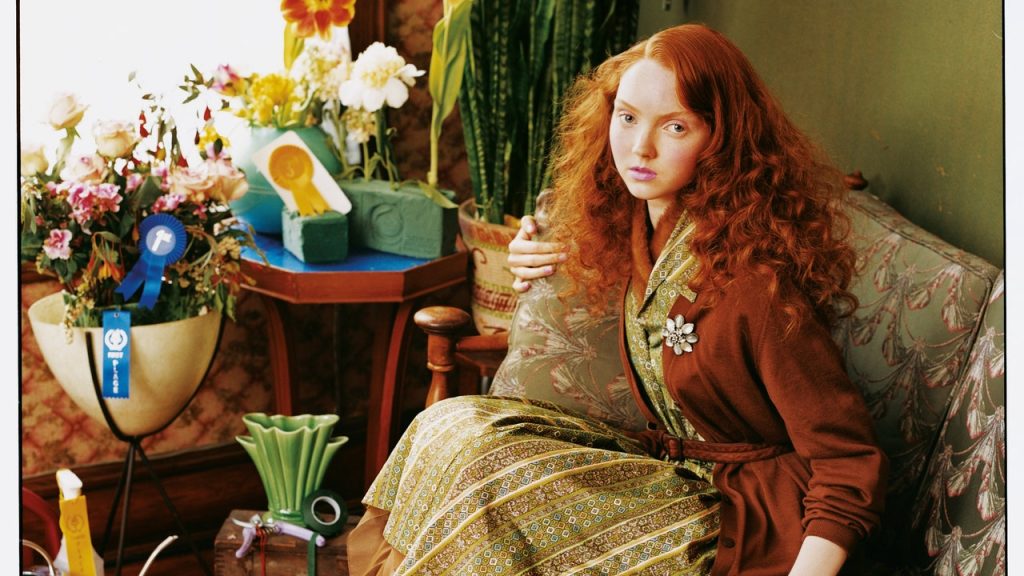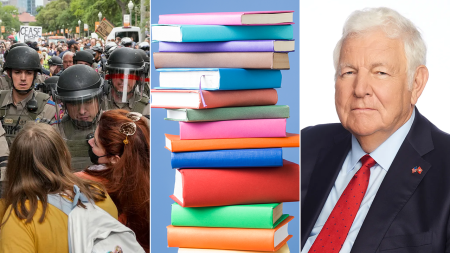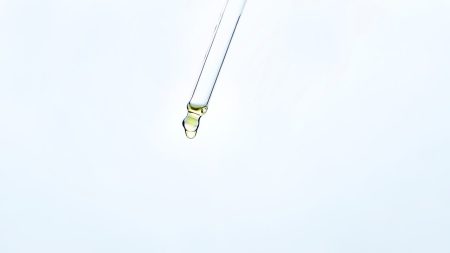Psychological minimalism is the act of simplifying one’s lifestyle by letting go of the excess of information and data in order to focus on the present. This concept is explored in the Netflix documentary, The Minimalists: Less Is Now, featuring Joshua Fields Millburn and Ryan Nicodemus, creators of the podcast The Minimalists. The duo created the “30-day minimalist game” in which participants gradually declutter their lives by getting rid of increasing numbers of possessions each day. This process of simplification allows individuals to be more aware of material excess and focus on the things that truly bring them happiness or have a specific function.
In the documentary, it is revealed that the average American household accumulates a staggering number of objects, with more money spent on shoes, jewelry, and clothes than on higher education. These excessive possessions can lead to stress and anxiety. By storing all his belongings in boxes as if preparing to move, Nicodemus found that 80 percent of the items were never unpacked because they were unnecessary. Psychologist José Elias explains that minimalism allows individuals to enjoy the few essential possessions they have, rather than being burdened by the need to possess and store numerous items. The key is to focus on what truly matters and find time for oneself.
Joshua Fields Millburn emphasizes the benefits of minimalism, stating that simplifying his life has allowed him more time for his health, relationships, creativity, and career. By reducing the number of material possessions in his life, he has experienced a sense of relief and prioritized emotional well-being over material wealth. However, he acknowledges the tendency for individuals to constantly seek more, even after acquiring everything they initially desired. T.K. Coleman, director of the Foundation for Economic Education, explains how the brain normalizes possessions and desires, leading to a never-ending cycle of accumulation.
The process of decluttering one’s life and embracing a minimalist lifestyle can be challenging but ultimately rewarding. Fields Millburn took on the challenge of getting rid of one thing a day and found himself discarding more than 90 percent of his possessions within eight months. This process not only involves clearing out physical items but also deleting unnecessary digital clutter. By simplifying one’s surroundings and focusing on what truly brings joy and fulfillment, individuals can create a calmer and happier daily experience.
Psychologist Laura Palomares defines psychological minimalism as simplifying one’s lifestyle emotionally and cognitively to reduce exposure to excess information and data. This practice allows individuals to declutter their minds and focus on the present moment. While the concept of minimalism may seem daunting at first, the gradual process of letting go of possessions and distractions can lead to a sense of liberation and clarity. By prioritizing quality over quantity and focusing on what truly matters, individuals can achieve a more peaceful and meaningful existence.















